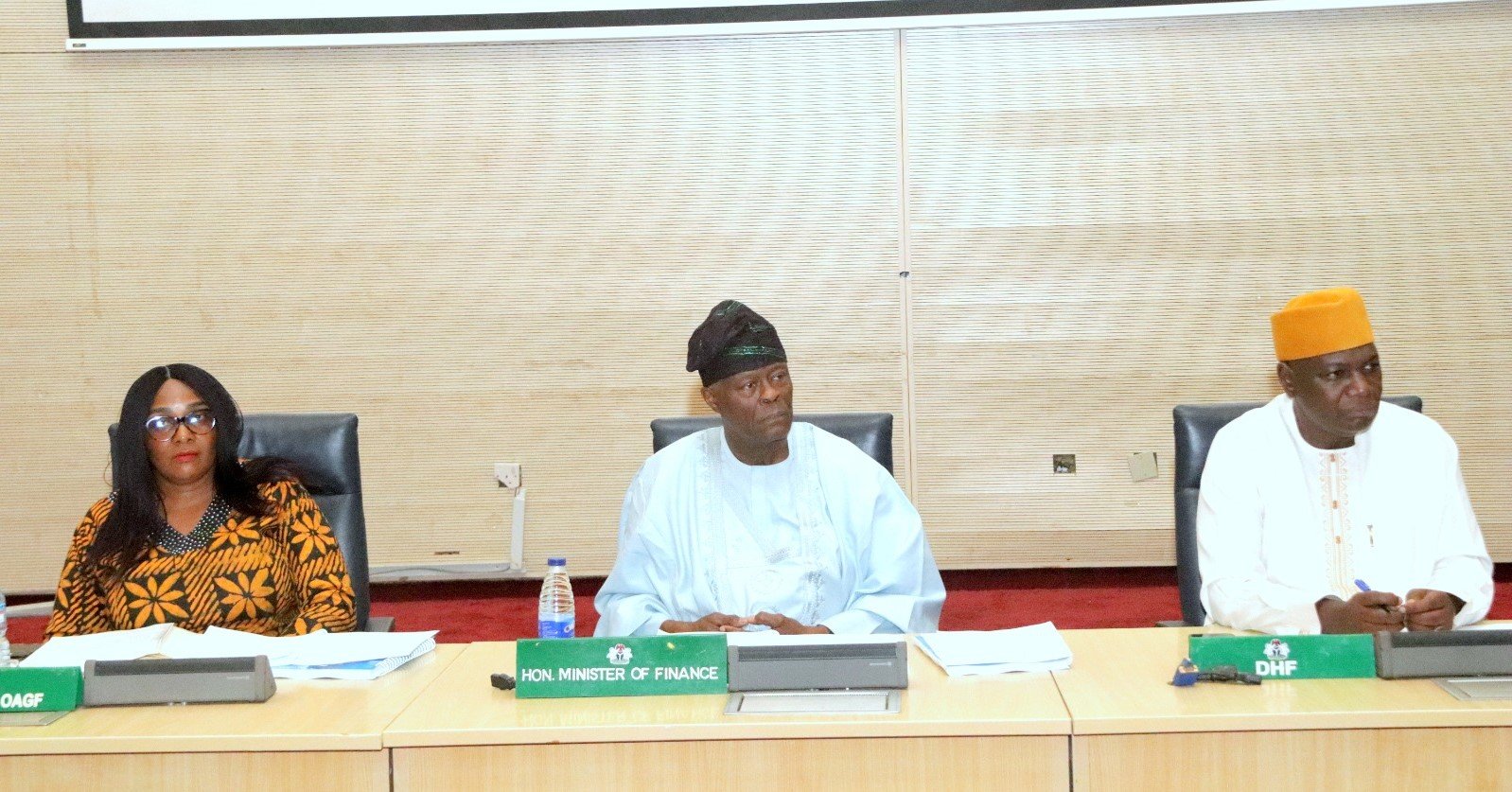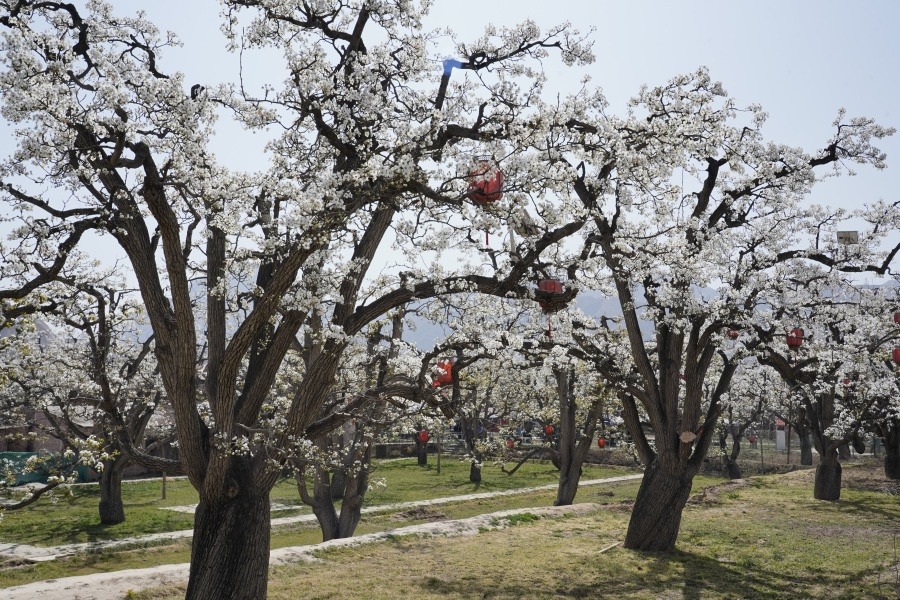Cocoa plantations rely significantly on reliable rainfall and mild temperatures, but climate change has made weather patterns in recent years unpredictable for farmers.
Increasing temperatures and unpredictable rainfall patterns are causing yields to decline considerably and more cocoa farms are also prone to pests and disease attacks.
Data from the UN’s Food and Agriculture Organization (FAO) said Nigeria is the seventh biggest cocoa bean producer in the world, producing about 280,000 tonnes in 2023.
“The challenges facing cocoa farming in Nigeria—ranging from climate change and pest infestations to financial struggles and poor infrastructure—demand urgent action. To ensure sustainable growth and maintain Nigeria’s competitive edge in the global cocoa market, it is crucial for stakeholders to adopt climate-smart practices, improve financial access, and embrace modern agricultural technologies like digital traceability and blockchain. By addressing these challenges head-on, Nigeria can unlock a future where cocoa farmers thrive, production increases, and exports continue to grow, benefiting both farmers and the broader economy,” TraceX, a sustainability and compliance platform for food and agri supply chains stated.
Gov. Lucky Aiyedatiwa of Ondo State while speaking at a two-day National Cocoa Stakeholders’ Workshop and Excellence Award Ceremony organised by the Cocoa Association of Nigeria (CAN), in Akure on Wednesday, also highlighted key challenges, including environmental degradation driven by climate change, inefficient market systems, aging farms, and lack of data for informed decision-making.
“To address these challenges, we must work together to develop innovative solutions, leverage technology, and promote sustainable practices. We cannot afford to be left behind in the global cocoa value chain,” the governor stated.
Experts recommended that the adoption of climate-smart farming practices can help farmers adapt and increase yields.
Some of the techniques recommended include planting shade trees alongside cocoa trees to protect them from extreme heat and improve soil health.
Other techniques include using drip irrigation and rainwater harvesting to ensure stable water supply.
TraceX said by adopting these techniques, farmers can increase yields while making their farms more climate-resilient.
Declining yield triggered rising prices
Cocoa prices have risen 400 percent in recent years as study shows climate change made the 2023 heatwave in West Africa 10 times more likely.
For chocolate companies, demand is surging in an unprecedented record.
“It’s a nightmare, I don’t think any business involved in chocolate has avoided this impact, and it’s all down to climate change,” Andy Soden of Kernow Chocolate, said.
New data from research group ‘Climate Central’ pointed out that in 2024, human-caused climate change added six weeks’ worth of days above 32°C in 71 percent of cacao-producing areas across Côte d’Ivoire, Ghana, Cameroon, and Nigeria – temperatures too hot for cocoa growing.
A new report by the international development charity, Christian Aid, shows rising temperatures and erratic rainfall has hammered cocoa harvests in Ghana and Côte d’Ivoire, where more than 50 percent of global cocoa is grown. This has slashed the availability of cocoa on global markets, seeing prices soar and around the world to record highs in recent years – and the size of chocolate bars shrink.
The report, “Cocoa crisis: How chocolate is feeling the bite of climate change,” noted that this year’s cocoa shortage follows a similar crash in production last year which saw cocoa prices rise 400 percent to $12,218 a ton after droughts, floods and climate-related diseases hit cocoa farmers last year. On 18 December 2024, a new record was set at $12,605 per ton and prices have remained stubbornly high ever since.
The cocoa shortage started in 2023, after unexpectedly heavy rainfall during Ghana’s dry season. Total precipitation in West Africa was more than double the 30-year average for the time of year and the wet conditions caused plants to rot with black pod disease. This was followed by severe drought in 2024. The UN said that Ghana’s 2024 drought affected more than 1 million people and resulted in terrible crop losses and record-high food prices.
According to a study by World Weather Attribution, climate change made the heatwave in West Africa 10 times more likely.
Climate change experts react
Director of Nairobi-based climate and energy think tank, Power Shift Africa, Mohamed Adow, reckoned that ‘‘Africa produces more than 50 percent of the world’s cocoa and as such we are the engine room of the global chocolate industry. However, climate change is causing havoc for cocoa growers in the continent, with unpredictable droughts and rising temperatures in recent years which has dealt a hammer blow to many farmers. A study has shown that the 2023 heatwave in West Africa which decimated cocoa plants was made 10 times more likely due to man-made climate change.”
“This is just another example of the African livelihoods that are coming under threat from the extreme weather caused by carbon pollution. That is why we need to see a more rapid roll-out of clean, renewable energy, and more targeted financial support for African farmers to help them adapt,” he said.
Ibrahima Coulibaly, president of the ROPPA, an organisation that represents thousands of cocoa farmers in West Africa, worried that decades of underinvestment and unfair trade mean West Africa’s cocoa farmers are highly vulnerable to climate impacts.
“Governments need to work with – and invest in – farmers’ and their organisations. If farmers organisations have more direct access to climate finance we can scale up nature-friendly practices – such as planting trees to protect the cocoa pods – that are key to adaptation. If farmers are paid a fair price for their cocoa they can invest in their farms,” he added.
The Director of Policy and Public Campaigns of Christian Aid, Osai Ojigho, called for action to cut emissions and targeted climate finance for cocoa growers.
“Growing cocoa is a vital livelihood for many of the poorest people around the world and human caused climate change is putting that under serious threat. Chocolate is one of the many products that connects consumers in the global north with growers in the global south. Likewise, climate change, driven largely by the greenhouse gas emissions of the global north is causing havoc around the world with cocoa farmers bearing the brunt. We need to see emissions cut, and targeted climate finance going to cocoa growers to help them adapt,” she said.










